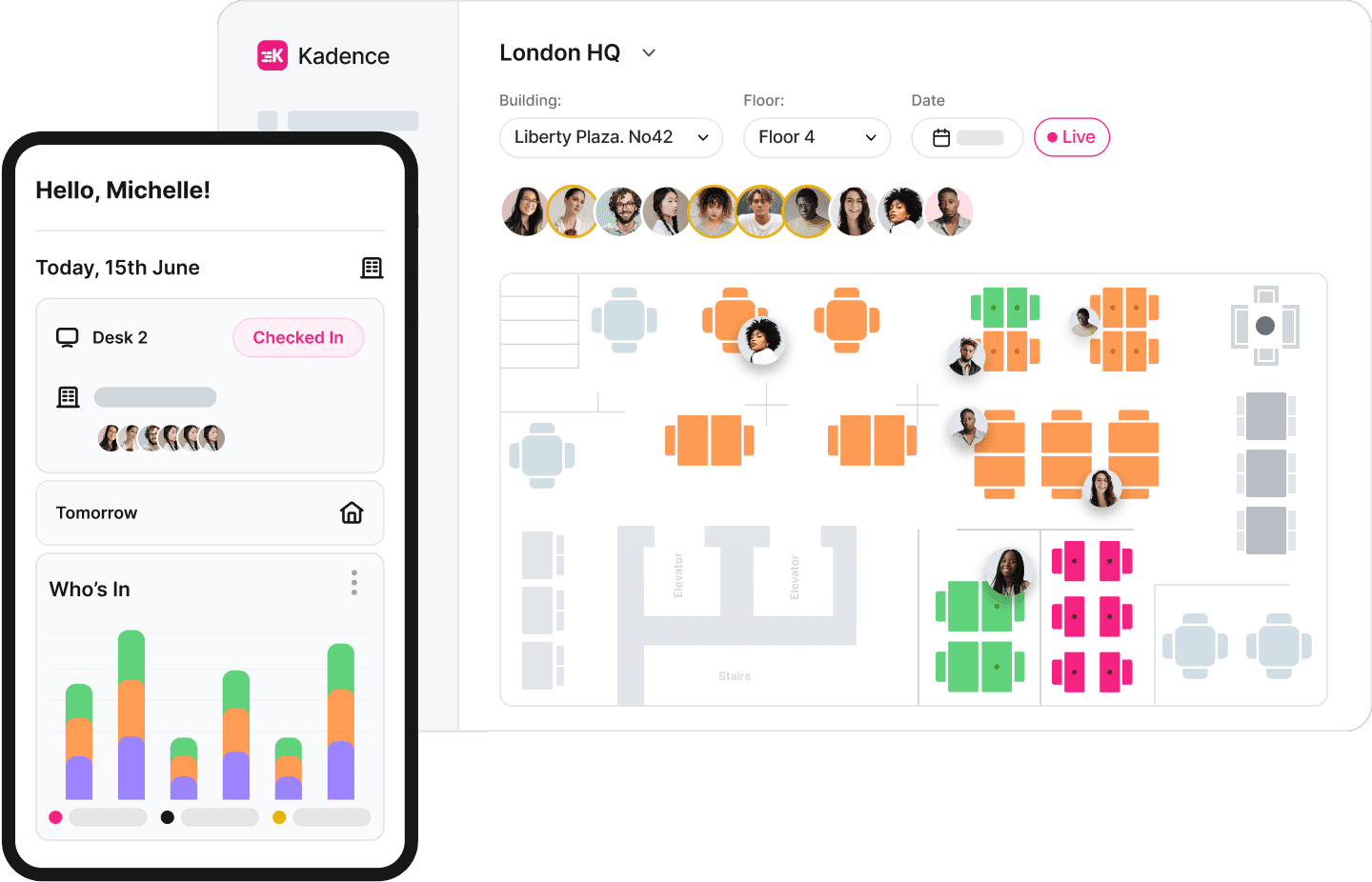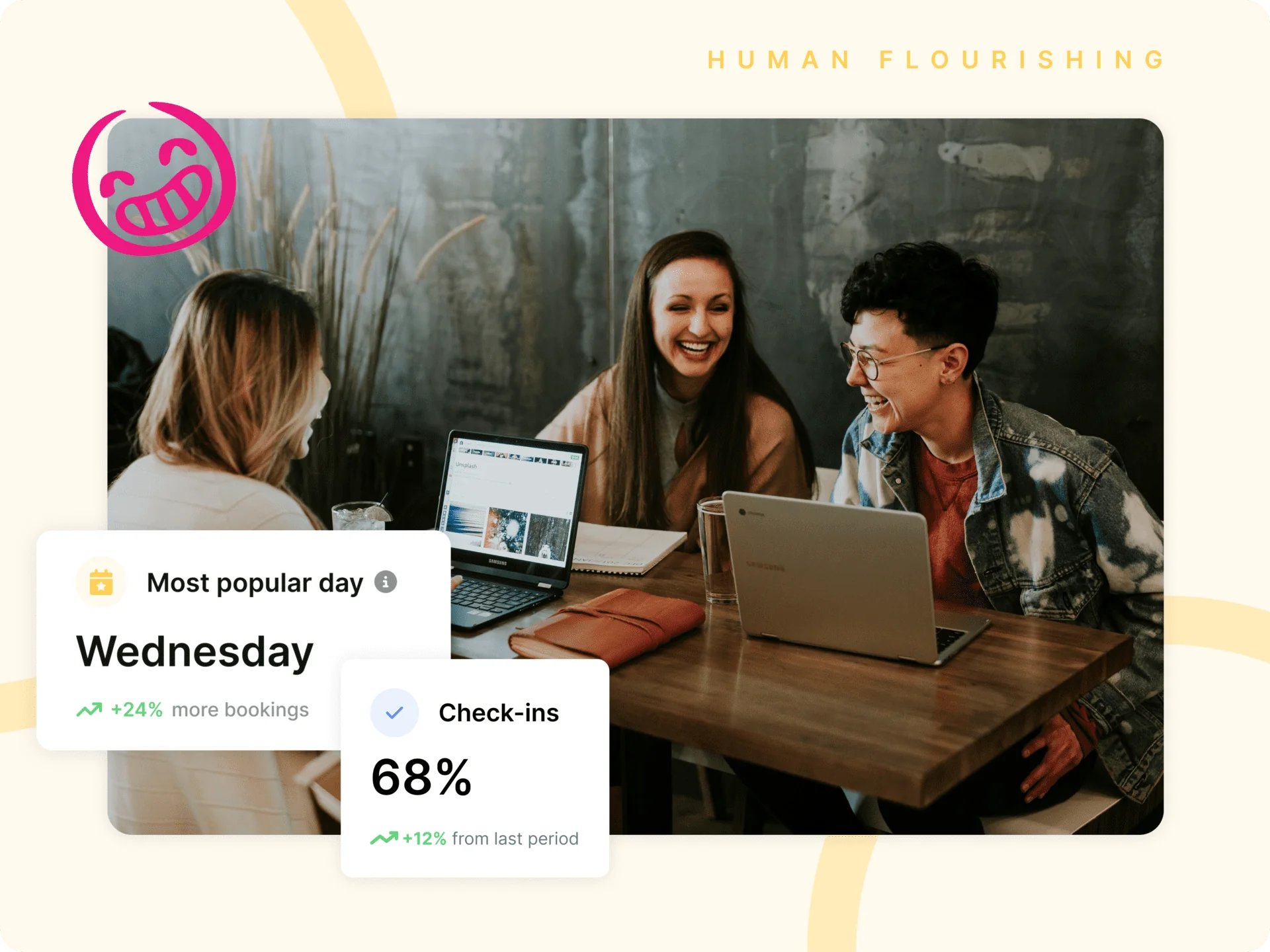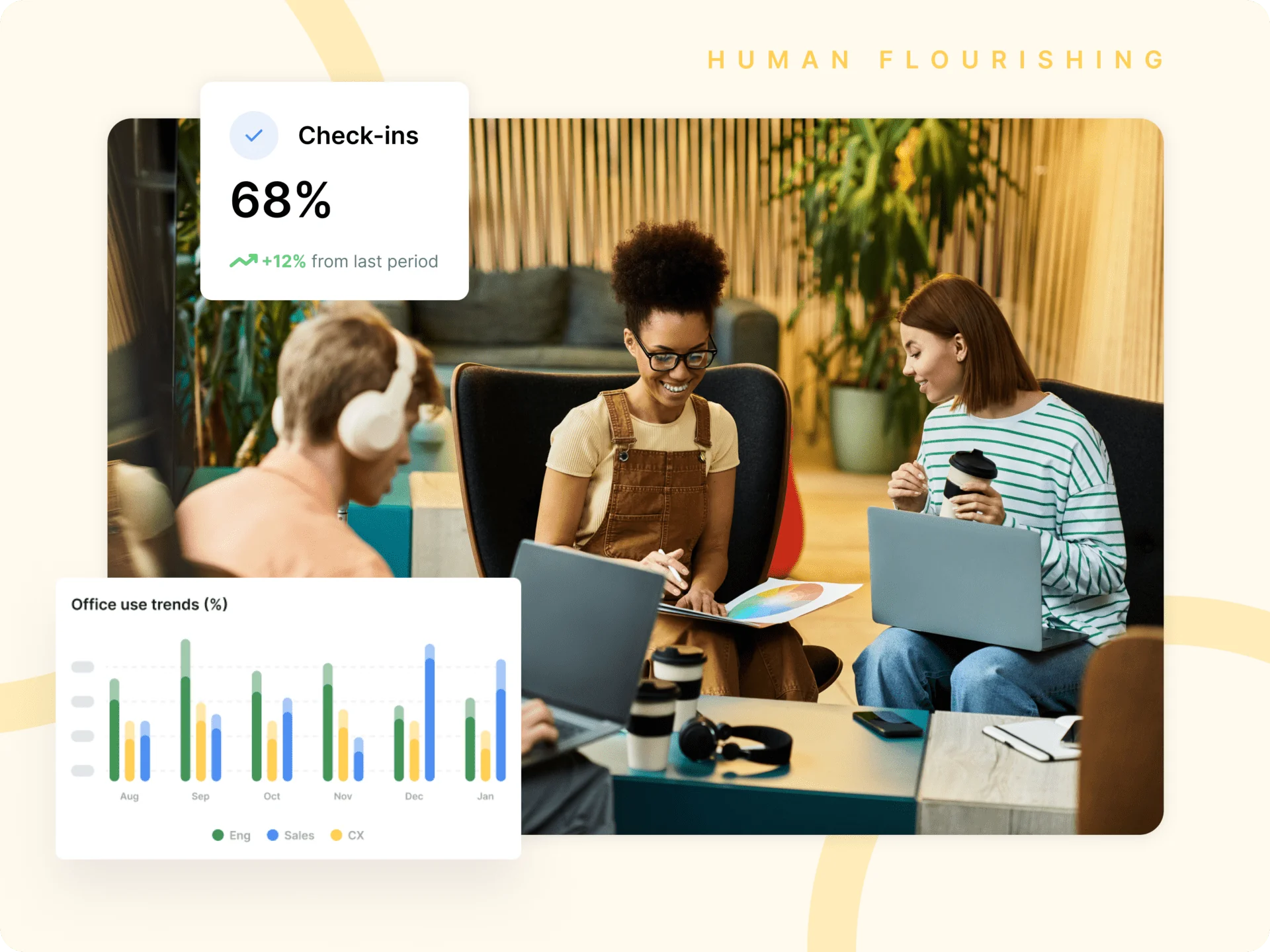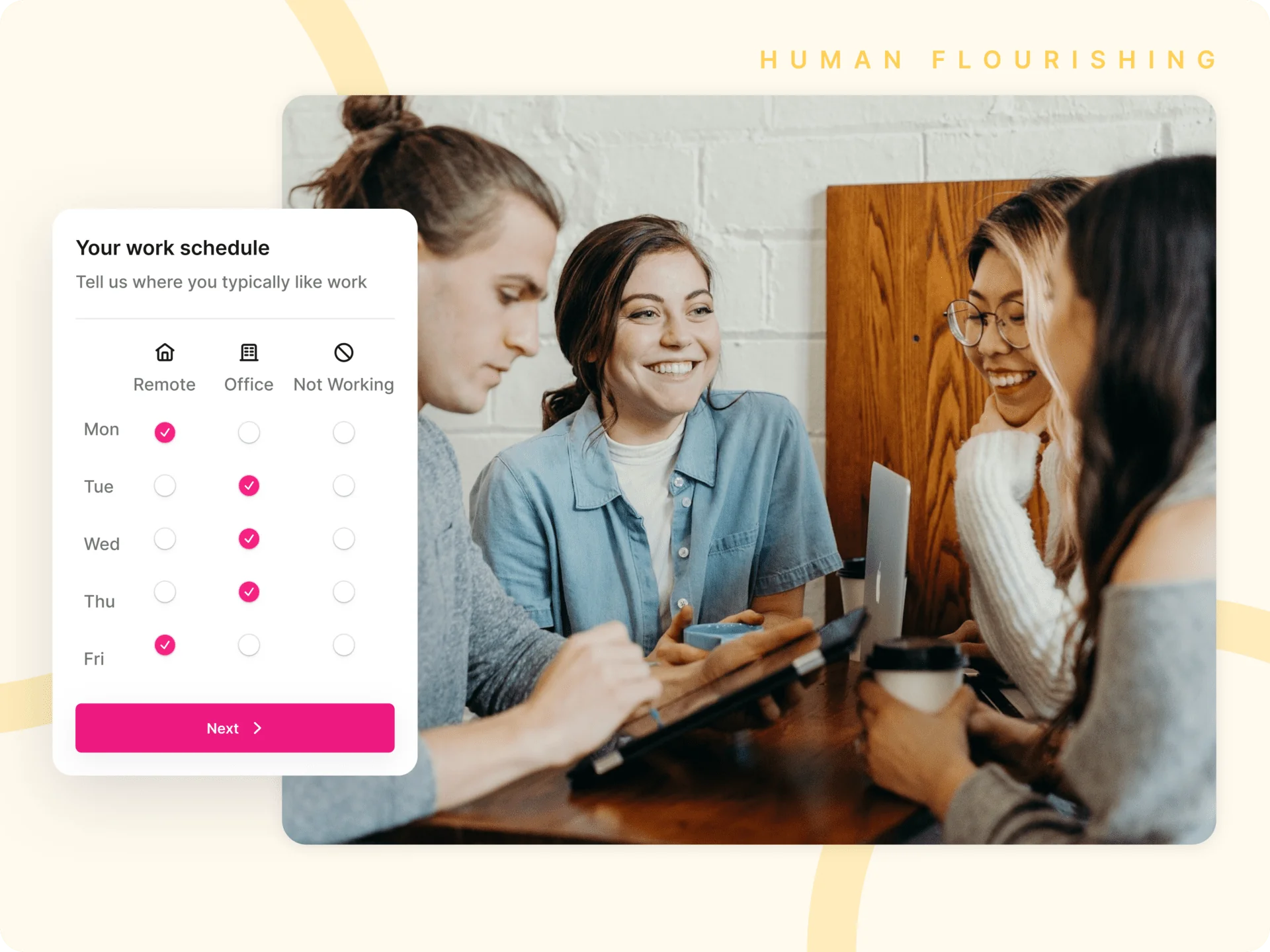I had one of those conversations recently that stays with you. You know the kind — the call you hop onto thinking it’ll be a quick exchange of ideas, and you leave feeling like someone just reframed everything you thought you knew. That someone, in this case, was Camilla Miehs.
Camilla is a powerhouse. A former HR leader with a global remit and a sharp mind for systems thinking, she’s shifting her focus to transforming how organizations approach people strategy. Not with surface-level fixes, but by tackling the deep, structural issues that keep workplaces stuck in the past.
I reached out because, at Kadence, we’re at a critical crossroads. Yes, we’re a hybrid work platform. But we’re also realising — loud and clear — that technology alone won’t save hybrid work. Our customers aren’t struggling with tools. They’re struggling with trust. With culture. With outdated leadership models and HR practices that haven’t evolved for this new world of hybrid work.
As Camilla put it:
We Don’t Have a Hybrid Problem. We Have a Leadership Crisis.
The more we talked, the more it became clear: hybrid work is exposing the structural cracks that were always there. Knowledge doesn’t flow. Belonging feels performative. And the leadership of hybrid work? Many are defaulting to control because they don’t know how else to lead.
This isn’t about bad intent. It’s about skill gaps. Habitual thinking. And HR functions that, as Camilla argues, have become too reactive and compliance-driven to lead transformation. “HR has spent years focusing on upskilling others but forgot to ask: what do we need to be world-class at, to drive the future of work?”
That hit home for me. Because at Kadence, we see this every day. We talk to customers who are eager for change but have no roadmap. They want flexibility, culture, collaboration — but they’re missing the foundational systems, leadership models, and mindset shifts to make it happen.
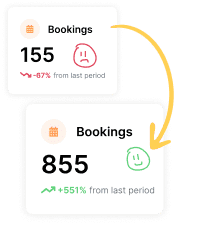
It’s Time To Get Real About What's Broken
Hybrid work isn’t a new version of office work. It’s a paradigm shift. And we won’t get there with dashboards, diktats, or “three days a week in the office” rules slapped on top of 20th-century management styles.
We need to ask harder questions:
- Why aren’t teams collaborating, even with great tools?
- Why do so many employees feel disconnected, despite “culture” initiatives?
- Why are we still designing policies for the lowest common denominator instead of trusting people to do great work?

Camilla nailed it when she said:
That’s the real reason hybrid’s not working. Not because people don’t want flexibility. Not because Zoom is the problem. But because the systems, skills, and support required for a human-centric, performance-driven culture simply aren’t in place.
So What Do We Do?
This is where I think we, at Kadence, can do more. And we are. We’re starting to build out services alongside our product to help hybrid work — because we know that without addressing people experience and leadership capability, no tech will ever be enough.
Camilla’s work is deeply practical: building leadership blueprints, restructuring how culture is built and maintained, and identifying the “super-connectors” within organisations who can drive lasting change.
She said something that stuck with me:
That’s the journey we’re on. And if you’re reading this and nodding along — tired of band-aids and ready to fix the foundation — then let’s talk.
Because hybrid isn’t failing. It’s hybrid leadership that needs to evolve. And we all have a role to play in building something better. Want to see how Kadence can help you operationalise your hybrid strategy? Book a demo with our hybrid work experts today.
